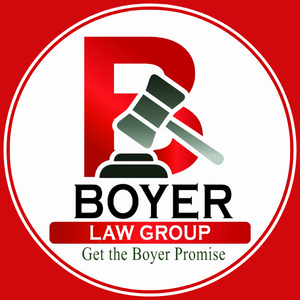When a loved one named you estate administrator, you agreed to the role and its responsibilities. To ensure you do right by your loved one and her or his beneficiaries, you want to learn how to handle all financial aspects of estate administration.
The IRS explains which tax responsibilities estate administrators owe decedents. Understand how to cover all your bases and take care of your loved one.
Income tax returns for the decedent
It could fall to you to file the decedent’s income tax returns. This likely applies if your loved one did not file a Form 1040-SR or 1040 during the year she or he died or years before that.
Income tax returns for the estate
You may also need to file income tax returns for the estate. For this tax responsibility, the estate needs a tax identification number, also known as an employer identification number. Estates need only file income tax returns if assets create income of over $600 a year. This includes dividends, interest and rental income your loved one earned before dying.
Taxes for business operations after the owner’s death
You must apply for a new employer identification number if the decedent’s estate maintains a business after the proprietor dies. Once you have the EIN, use it to pay taxes and report income and wages.
When filing income taxes, you may need to sift through your loved one’s records to find the details you need. You may also want to contact the IRS if you need access to copies of filed tax documents, tax account transcripts or income document copies.
You may have a lot of ground to cover and information to understand when you become an estate administrator. By learning about paying taxes, you give yourself one less thing to fret over.

